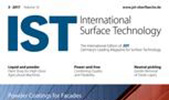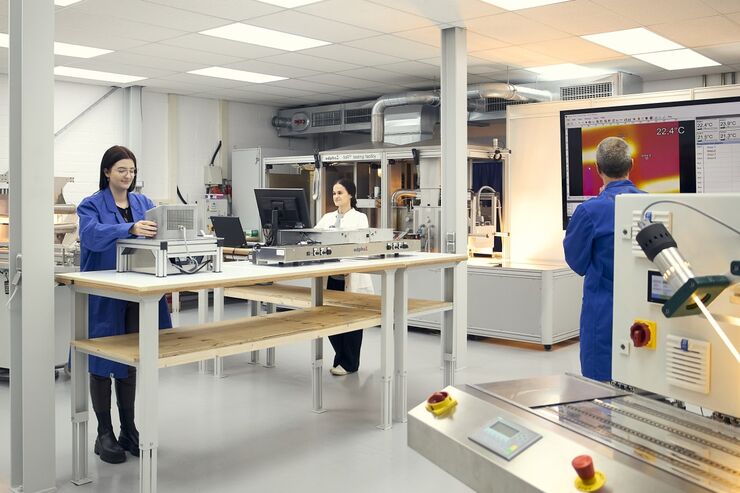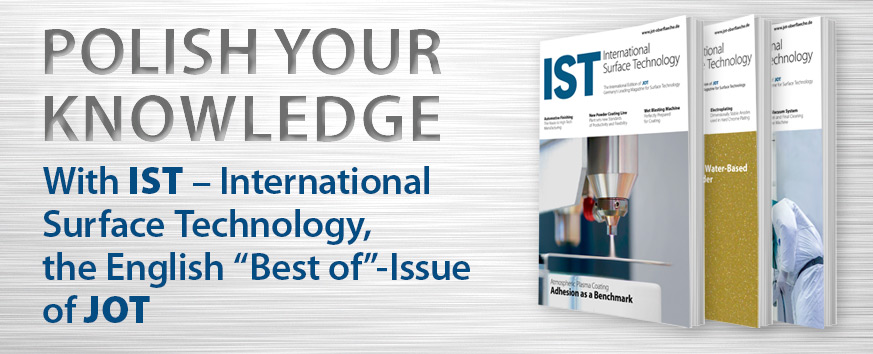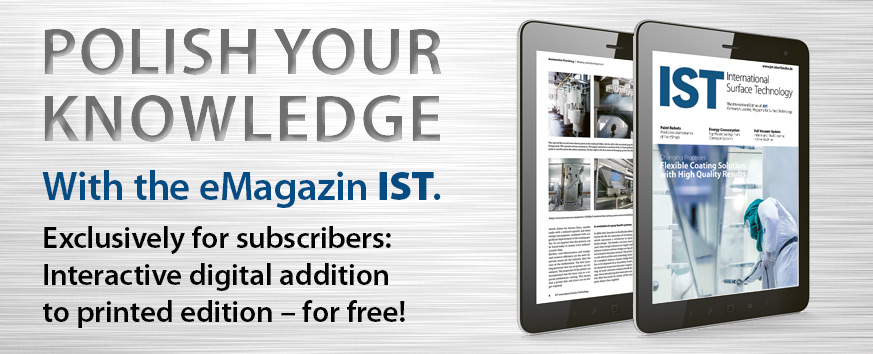Pathogenic microorganisms, such as bacteria, viruses or parasites, are rapidly transmitted and can thus lead to catastrophic and long-term consequences in a very short time. This is what SARS-CoV-2, the virus responsible for the Corona pandemic, has shown us. This situation is exacerbated by increasing antibiotic resistance. One possible solution to ensure that pathogens spread less rapidly is better surface hygiene in as many areas of daily life as possible.
In the Next Generation Bioactive Nanocoatings (Nova) project, 14 partners from 9 countries are working on market-ready solutions: Scientists and industry representatives are researching and testing highly efficient, environmentally friendly and stable antimicrobial (antibacterial, antiviral, antifungal) coating technologies to reduce the risk of future microbial infections.
The project aims to develop at least four novel antimicrobial coatings for frequently touched surfaces in four specific application areas: public spaces, medical spaces, textiles, and touch screens. Development in each of these areas will be supported by an industrial partner from the consortium: AkzoNobel, Siemens Healthineers, Spartha Medical and Evonik. In a first step, concrete challenges and use cases of the industrial partners are collected for this purpose and used as a basis for the development of novel antimicrobial coating technologies by the academic Nova partners. In addition, researchers at Preste use data-driven insights to optimize and accelerate formulations and processes for antimicrobial coatings. As a final step, product innovation experts at Dolmen Design and Innovation are responsible for ensuring that appropriate application tools are available for each final coating.
Together with partners Industrial Microbiological Services LTD and Manchester Metropolitan University, the antimicrobial materials are tested and validated. Because current methods do not provide robust, reproducible data for real-world conditions, the Nova team is also working on new antibacterial, antifungal and antiviral test methods for real-world, real-use situations.
To obtain information on the safety of coating materials, Nova also has a team of researchers from the Fraunhofer Institute for Ceramic Technologies and Systems, Empa, the University of Ljubljana and Inserm working on adapting existing toxicity testing methods to the specific requirements of coatings. In addition, the focus is on sustainable product design.
The antimicrobial coating solutions already created as part of Nova have different properties: Spartha Medical's antimicrobial coatings are based on contact killing and consist of a layered mixture of water-soluble biopolymers. The three other antimicrobial coatings from Evonik, Fraunhofer Institute for Manufacturing Technology and Applied Materials Research and Polymer Institute SAS, on the other hand, are triggered by visible or artificial light and are based on different types of nanoparticles, each with different modes of action and antimicrobial activity.
Nova is coordinated by Dechema Gesellschaft für Chemische Technik und Biotechnologie e.V.. The project began on Sept. 1, 2022, and will run for four years. It is funded by the European Commission under the Horizon Europe Framework, the Swiss State Secretariat for Education, Research and Innovation (SERI) and UK Research and Innovation (UKRI) with approximately €7.5 million.
Autor(en): mak




